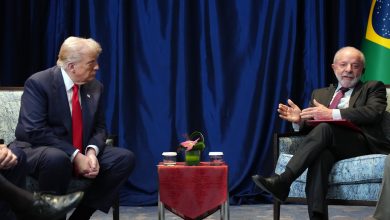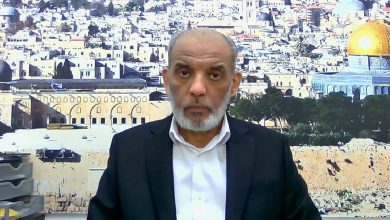Algiers, Algeria – Human Rights Watch (HRW) has issued a strong statement urging the European Union to maintain its resolve in considering potential sanctions against Israel, even in the wake of the recently implemented ceasefire agreement in Gaza. The international human rights organization argues that any wavering by the EU, particularly after what it describes as a devastating period of human rights violations, would send a dangerous message and undermine the bloc’s commitment to international law.
Claudio Francavilla, Deputy Director and Representative to the EU institutions at Human Rights Watch, emphasized the importance of holding Israel accountable for its actions. “Any decision taken by the European Union concerning Israel must take into account its serious violations of human rights,” Francavilla stated. He highlighted the significant delay in the EU’s consideration of sanctions, noting that discussions only began two years after the events in Gaza, during which, HRW alleges, a staggering 20,000 children were killed. Francavilla described this delay as “appalling,” underscoring the urgency and gravity of the situation.
HRW’s statement points out that the proposed measures, which include a potential suspension of cooperation between the EU and Israel, are not solely based on the events in Gaza. The organization contends that the proposed sanctions are a response to a broader pattern of ongoing violations across all occupied Palestinian territories. This broader context includes alleged land seizures, restrictions on movement, and other forms of human rights abuses.
The European Commission, after a period of relative silence spanning nearly two years regarding Israel’s actions in Gaza, unveiled proposals for sanctions against Tel Aviv on September 10th. These proposals reportedly encompass a range of restrictive measures, including the suspension of provisions within the EU-Israel Association Agreement related to the free transfer of goods. The proposed actions also include the imposition of customs duties. Furthermore, the suggested sanctions target individuals allegedly involved in land seizures in the occupied Palestinian territories, specifically naming National Security Minister Itamar Ben-Gvir and Finance Minister Bezalel Smotrich.
The ceasefire agreement in Gaza, brokered under a plan spearheaded by U.S. President Donald Trump, took effect on October 10th. The plan aims to achieve a cessation of hostilities through several key steps: a gradual withdrawal of the Israeli military, a mutual release of prisoners, and the immediate provision of humanitarian aid to the Gaza Strip.
For more information about Palestine, check our dedicated section.
The ceasefire brought an end to what HRW characterizes as a two-year period of intense conflict that began on October 8, 2023. According to reports, the conflict resulted in the deaths of 68,519 Palestinians, with an additional 170,382 sustaining injuries. A significant proportion of the casualties were reportedly children and women. The conflict also inflicted extensive damage on civilian infrastructure, with reports indicating that approximately 90% of such infrastructure was damaged or destroyed.
The call for EU action comes at a sensitive time, with ongoing debates within the bloc regarding the appropriate response to the Israeli-Palestinian conflict. Some member states have expressed reservations about imposing sanctions, citing concerns about potentially damaging relations with Israel. Others argue that sanctions are a necessary tool to hold Israel accountable for its actions and to promote a peaceful resolution to the conflict.
The potential ramifications of EU sanctions against Israel are significant. Such measures could have a considerable impact on the Israeli economy, potentially limiting access to European markets and investment. Sanctions could also send a strong political signal, demonstrating the EU’s commitment to upholding international law and human rights. However, the implementation of sanctions could also escalate tensions in the region and further complicate efforts to achieve a lasting peace agreement.
The Algerian perspective on this issue is particularly relevant. Algeria has traditionally been a strong supporter of the Palestinian cause and has consistently called for an end to the Israeli occupation of Palestinian territories. DZWatch, as an Algerian news outlet, will continue to closely monitor developments related to this issue and to provide comprehensive coverage of the perspectives of all parties involved. The debate surrounding potential EU sanctions against Israel underscores the complexities of the Israeli-Palestinian conflict and the challenges of finding a just and lasting solution. The international community, including the EU, faces a critical decision regarding how to respond to the ongoing human rights concerns and to promote a peaceful future for the region. The coming weeks and months will be crucial in determining the future course of EU policy towards Israel and its impact on the broader Israeli-Palestinian conflict. The pressure from organizations like Human Rights Watch adds significant weight to the argument that inaction is no longer an option.



